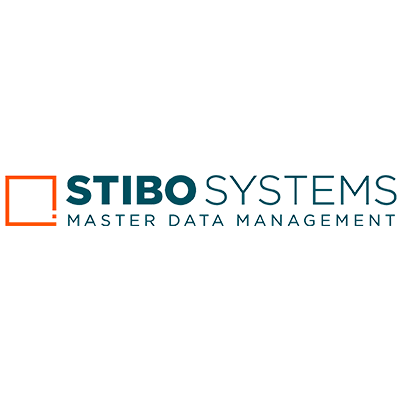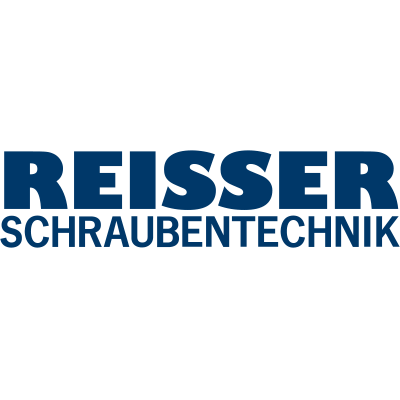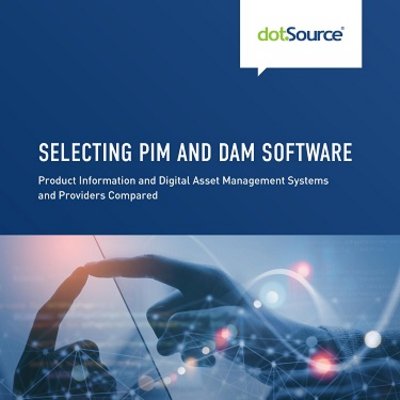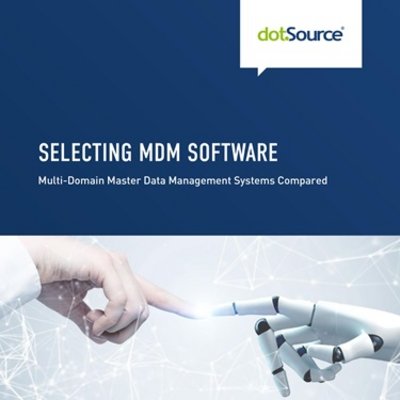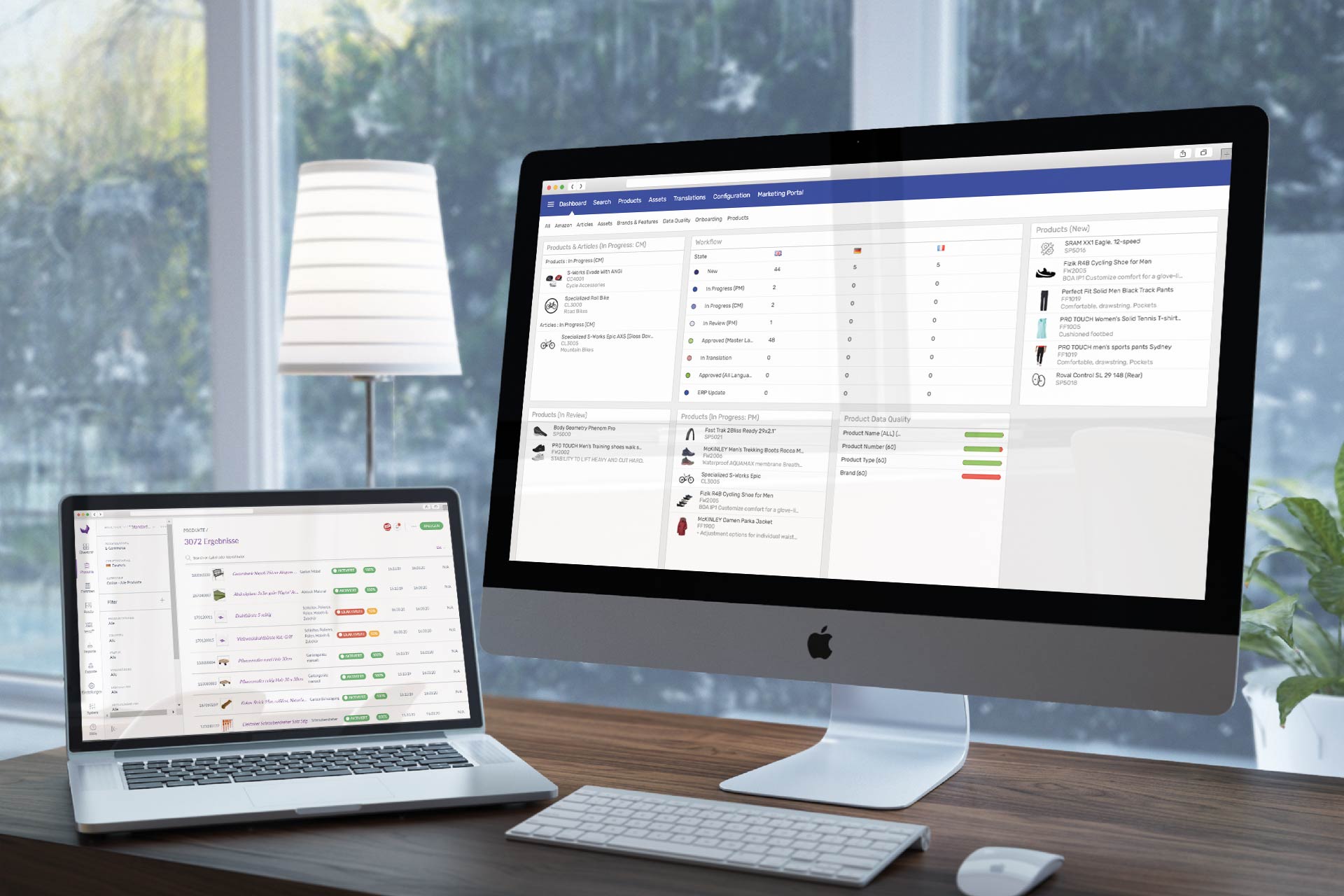
What Is a Data Management System?
A data management system serves as a centralised platform for structuring and managing business-critical information – from product information and master data to digital assets. Its purpose is to deliver consistent, up-to-date data across all channels – at any time.
There are three types of data management systems, each playing a distinct role:
- Product information management (PIM) software enables you to consolidate product data in one place and make it available across all sales channels.
- Master data management (MDM) software allows you to establish a single source of truth for master data, covering everything from products and customers to suppliers.
- Digital asset management (DAM) software helps you store, version and deliver digital assets that are optimised for every channel.
Together these systems form the foundation for automated processes, faster time to market and a seamless customer experience.
PIM, MDM or DAM? Start Your Data Journey Here
A data management system is not a one-size-fits-all solution – it has to align with your data structure, processes and objectives. That is why every successful project begins with a sound strategy. We support you with strategic guidance, technical expertise and solutions tailored to your requirements.

A PIM system is the perfect fit if you need to manage large assortments, multiple sales channels and complex product information.
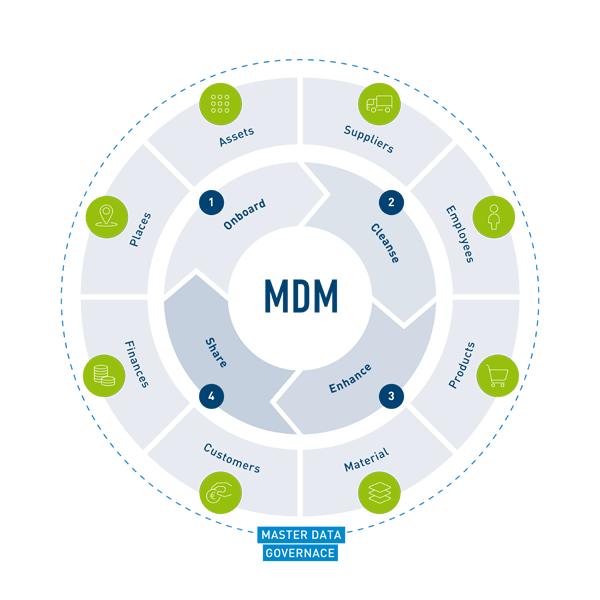
An MDM system is the right choice if you want to build a single source of truth for product, customer and supplier information.

A DAM system is ideal if your focus is on organising, distributing and versioning digital assets such as images, videos and documents.
Why Centralised Data Management Matters
Safeguarding Data Quality Through Centralised Management
A data management system provides a structured framework for handling business-critical information, minimising redundancies, preventing inconsistencies and reducing sources of error. Whether product descriptions, images or technical specifications: Data is always accurate and up to date, resulting in significant efficiency gains and a stronger foundation for your business.
Accelerating Time to Market Through Process Automation
A PIM, MDM or DAM system helps you reduce manual effort, automate workflows and speed up product launches. Seamlessly connected processes ensure faster time to market – a clear competitive advantage, especially in seasonal business or when managing complex assortments.
Conserving Resources Through Intelligent Data Reuse
In today's world, data has to be available across a wide range of systems and channels. A centralised data management system brings together content for e-commerce, marketing and sales, enabling single-source data entry and cross-platform reuse – from enterprise resource planning (ERP) tools to online shops. This helps you save resources and boost efficiency across all departments.

How Our Clients Drive Growth and Efficiency with a Data Management System
German Supply Chain Due Diligence Act: How a Data Management System Helps You Stay Compliant
Social and environmental responsibility is becoming increasingly important – for consumers, investors and society as a whole. With the German Supply Chain Due Diligence Act (SCDDA), human rights and environmental due diligence obligations in corporate supply chains are now enshrined in law. Powerful data management systems make it easier to meet these legal requirements while strengthening your corporate social responsibility (CSR) strategy.
Data Collection and Availability
Under the SCDDA, you are obliged to gather comprehensive data on your business practices, supply chains, environmental impact, risks and social performance metrics. Ensuring the availability and quality of this data can be challenging.
- In a PIM or MDM system, you can set up dedicated repositories to capture, store and manage data for each business unit.
- Integrated asset management allows you to keep track of key certificates, contracts and complaints.
Data Validation and Authenticity
The accuracy and authenticity of the data you collect are critical to reliable reporting. Verifying and validating this data can be a time-consuming and complex endeavour.
- With a PIM or MDM system, you can keep essential product information front and centre (e.g. expiration dates and product-specific CO₂ metrics).
- By leveraging a DAM tool and artificial intelligence (AI), you can check the authenticity of supplier and partner documents.
Integration of Data Systems
To ensure consistent data collection, processing, analytics and visualisation, you often need to integrate data from multiple systems – a technical challenge for many businesses.
- A PIM or MDM system helps you consolidate and manage data from your ERP tool, online shop and supplier portal in one place, establishing a golden record.
Understanding of Metrics and Standards
Defining clear metrics and standards for CSR performance – and automatically integrating them throughout your business – can be difficult. You may need to invest time and resources in manually editing data.
- Data management systems let you establish data quality standards and automate recurring workflows to reduce manual effort.
Successful Data Management Starts with a Clear Strategy
1. Data Discovery
Asessment of your data architecture and detailed documentation of processes, systems and requirements
2. Strategy
Development of a tailored digital strategy and expert guidance on system selection and target architecture frameworks
3. Data Processing
Structuring and cleansing of your data for consistent use across all systems
4. Implementation and Optimisation
Seamless integration of the system into your existing IT structures and process optimisation
5. Training
Functional and technical enablement – along with ongoing development
Our Certified Experts Are Happy to Assist You

Why dotSource Is the Right Data Management Agency for You
- More than 15 years of project experience gained across digital transformation projects for B2B and B2C companies
- Over 500 experts covering data management, system integration, user experience design and technology
- Award-winning projects and renowned references – from medium-sized companies to large enterprises
- Comprehensive support – from strategy development and system selection to technical implementation
- Certified expertise in market-leading systems and platforms
- Proven track record in PIM, MDM and DAM projects across a wide range of industries
- Integration of customer relationship management, marketing automation, business intelligence and AI into your digital strategy
- Tailored solutions that streamline processes, turn data into value and drive growth
- Combination of technical excellence, agile project management and a partnership of equals
Data Management Consulting Session
Your Contact for Further Questions

You Will Hear from Us Soon
- Our experts will take your enquiry and get back to you within one working day.
More About Data Management Systems
Our Data Management Services
FAQ – Frequently Asked Questions About Data Management Systems
How much effort is involved in implementing a data management system?
It depends on data quality, your existing architecture and defined objectives. With careful planning, you can set clear milestones and allocate resources effectively.
Which departments are typically part of such a project?
In most cases, product management, marketing, IT and sales are engaged in the process as core stakeholders, with procurement and e-commerce added depending on the business structure.
How do you deal with unstructured data?
A data management system helps you classify and standardise unstructured content, making it available across all channels.
What happens to existing systems?
Existing systems can be integrated via interfaces, preserving your IT environment and building out functionality over time.

